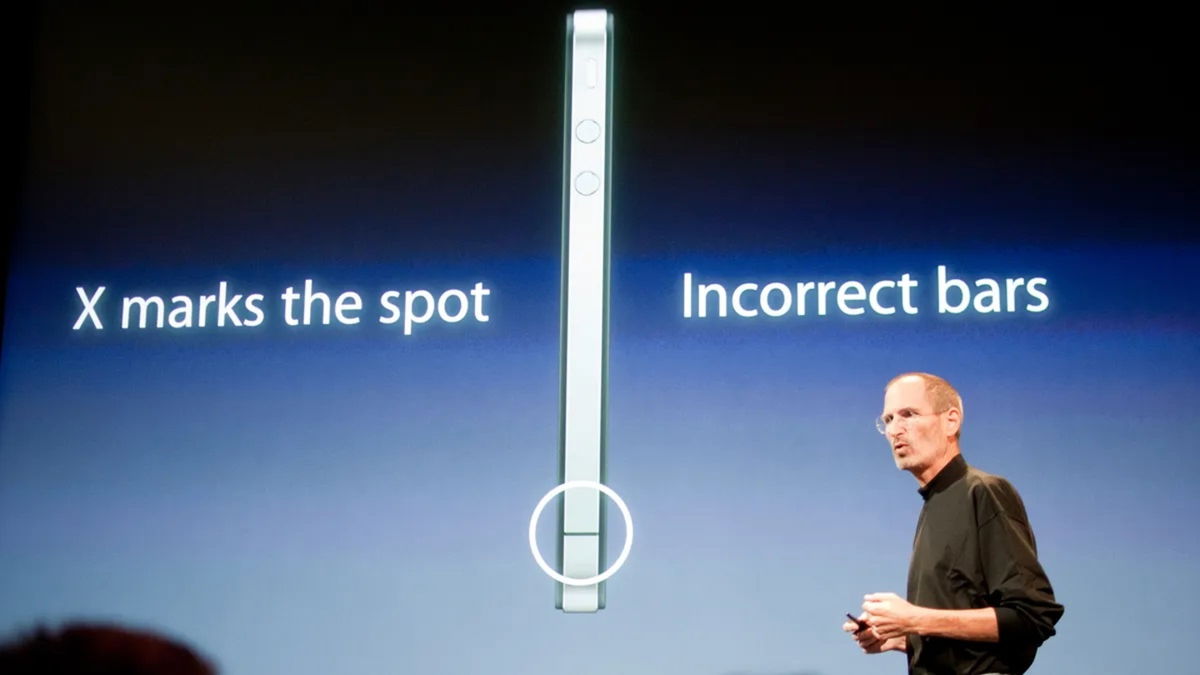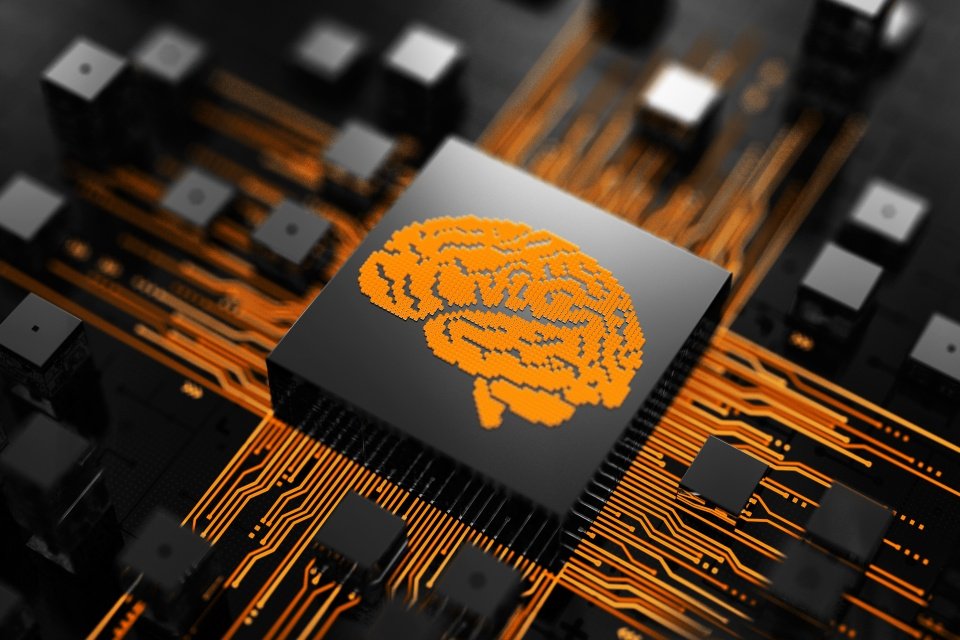Elon Musk announced last night (29) that Neuralink has carried out the first brain chip and human transplant. The billionaire revealed that the person recovered well after the procedure.
“Early results show promising detection of neuron spikes,” he said on X (formerly Twitter).
The first person received an implant @Neuralink yesterday and is getting better.
Preliminary results show promising neuron spike detection.
— Elon Musk (@elonmusk) January 29, 2024
In another post, Musk commented that Neuralink’s first product was called “Telephaty” or “Telepathy” in Portuguese. The businessman emphasized that the electronic product “allows you to control your phone or computer, and through them almost any device, just by thinking.”
“The first users will be those who lose member usage. Imagine if Stephen Hawking could communicate faster than a fast typist or an auctioneer. “This is the goal,” he wrote.
It allows you to control your phone or computer, and through them, almost any device, just by thinking.
The first users will be people who have lost the use of their limbs.
Imagine if Stephen Hawking could communicate faster than a speed typist or an auctioneer. That’s the goal.
— Elon Musk (@elonmusk) January 30, 2024
According to Neuralink, the chip was surgically implanted by a robot that inserted 64 hair-thin wires into the part of the brain that controls “intention to move.”
Neuralink Reviews
Neuralink company received approval from the US Food and Drug Administration (FDA) in May last year to test its brain chips on humans. The company started testing on monkeys in 2021.
In fact, experiments conducted on animals have been the subject of much criticism from institutions such as the US Committee for Responsible Medicine. The committee accused the company of animal abuse, as most of the monkeys reportedly died in the tests.
The organization claimed that at the end of 2022, it received documents proving the “extreme pain” that the monkeys used in Neuralink laboratories were exposed to between 2017 and 2020.
The documents, which exceed 700 pages, include reports that only 7 of 23 monkeys survived in tests conducted by Neuralink and the University of California at Davis.
Other animals may have been euthanized or died under a variety of conditions, including untreated infections after surgical procedures, extreme fatigue, trauma, and injuries the animals may have sustained without a confirmed connection to implants.
Source: Tec Mundo
I’m Blaine Morgan, an experienced journalist and writer with over 8 years of experience in the tech industry. My expertise lies in writing about technology news and trends, covering everything from cutting-edge gadgets to emerging software developments. I’ve written for several leading publications including Gadget Onus where I am an author.












